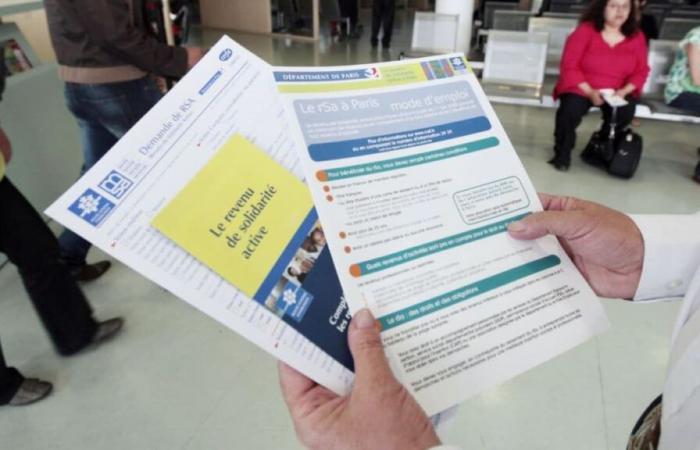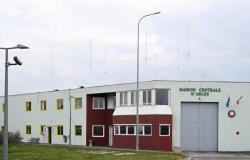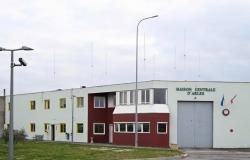After an 18-month experiment in 49 departments, the RSA reform comes into force throughout France this Wednesday. All beneficiaries will be automatically registered with France Travail and will have to sign an “engagement contract” which may lead them to work 15 hours per week.
Experimented for a year and a half in several departments, the RSA reform comes into force throughout the country this Wednesday, January 1. A generalization expected by the Minister of Labor, Astrid Panosyan-Bouvet, who affirms that “experiments in 49 departments” have highlighted “a return to employment and long-term professional integration of 42% of beneficiaries of this experiment.
There is also “what is not seen in the figures but which is the key to everything: it is also a return to self-esteem and self-confidence (…)”, a- she added.
Automatic registration with France Travail
The reform, however, sparked some controversy. In detail, it plans to automatically register 1.2 million additional people as job seekers with France Travail. This concerns the 40% of RSA beneficiaries who were not yet in the organization's files, but also 200,000 young people in the integration process in the local missions of the departments.
All RSA beneficiaries will also have to sign an “engagement contract” specifying social and professional integration objectives. “It is about putting an end to the phenomenon of exclusion caused by the RSA, which boiled down to an allowance and a lack of real support for returning to work,” explained Thibaut Guilluy to AFP, Director General of France Travail.
These new job seekers will first be placed in a newly created “waiting category” called G, until they are distributed into one of the categories from A to F at the end of their orientation interview, the Category F is also new and reserved for people “in a social integration process”, according to France Travail and the Ministries of Labor and Solidarity.
The North toughens sanctions for RSA beneficiaries – 20/11
15 to 20 hours of activity per week
But if the reform has been controversial it is mainly because it provides for RSA beneficiaries, as part of their employment contract, 15 to 20 hours per week of activities, including interviews, training, internships or immersions in companies.
This contract will be personalized and “these 15 hours are not a condition for the granting of an allowance, it is an element within the engagement contract co-constructed between the person and the referring organization”, according to France Labor and the Ministries of Labor and Solidarity.
The final evaluation report of the experiment published in November by the Ministry of Labor nevertheless noted that the objective of 15 to 20 hours of activity “stimulates reflections and debates among professionals and beneficiaries”. “The administrative constraint of traceability of 15-20 hours is difficult to justify and can affect the relationship of trust with beneficiaries, or in certain cases even lead to renouncing the RSA. In practice, the achievement of this objective is uneven, more accessible for beneficiaries close to employment”, pointed out the evaluation.
Positive point on the other hand: “the strengthening of self-confidence and the ability to act are very often observed” among beneficiaries.
What cost?
The report further noted that the average cost of this reinforced support “would oscillate between 600 and 1,200 euros per recipient depending on the support modality” and can rise up to 4,000 euros for people experiencing “specific problems”.
But “the spirit of this reform is to do better with less. In the Nord department (one of the first to launch the experiment) you have 20,000 fewer RSA beneficiaries to whom you have to pay benefits, that's 180 million euros in savings (over one year) So you can reinvest a few tens of millions of euros in integration. It's profitable, it's good for people, it's good for people. businesses and it’s good for public finances” assures Thibaut Guilluy.
The “renovated support” for beneficiaries has already concerned more than 70,000 people in 2024. It is carried out by France Travail but also, for those who are furthest from employment, by the departments, which pay the RSA and have the power to sanction non-compliant beneficiaries.
According to statistics from the Ministry of Solidarity, the number of RSA beneficiaries stood at 1.84 million in September 2024. The amount of the RSA amounts to 635.70 for a single person, to 953.56 euros for a couple. without children and 1,334.98 euros for a couple with two children. This assistance is reduced for beneficiaries who receive personalized housing assistance (APL).






